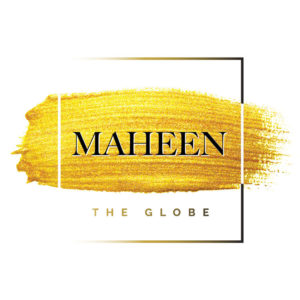We at MTG spoke to Ethan Dang, Vietnamese-Dominican vocalist for Silent-Spring, about music and identity. Silent-Spring is an up-and-coming punk band from the Massachusetts North Shore area who recently released their debut, self-titled EP. Both aggressive and melodic, the record deals with themes of anti-imperialism and personal struggle.
What drew you to hardcore music/how did you discover it?
Dang: The first hardcore record I ever listened to in full was a Have Heart album in 2018. Previously I was in a more general punk flavor between The Pist and Anarcho-punk to Descendents and Pop-punk. I was a very angry kid – raised with my two siblings and a single mom on welfare. I had nowhere else to vent what happened to me and my family- as a kid, I had no other direction. Between The Things We Carry and seeing Converge in 2019 at Hardcore Stadium, I felt like I was being given a power I had nowhere else at the time, just listening to the art of another set of people. Back in 2018-2019, I went to a LOT of shows at Hardcore Stadium/The Lizard Lounge in Cambridge, seeing a lot of punk, noise, hardcore and metalcore shows. A friend’s parents introduced me to these kinds of shows, but that same friend did not see the same profoundness that I did in punk and hardcore. I was exposed to hardcore shows and drawn to them through that avenue.
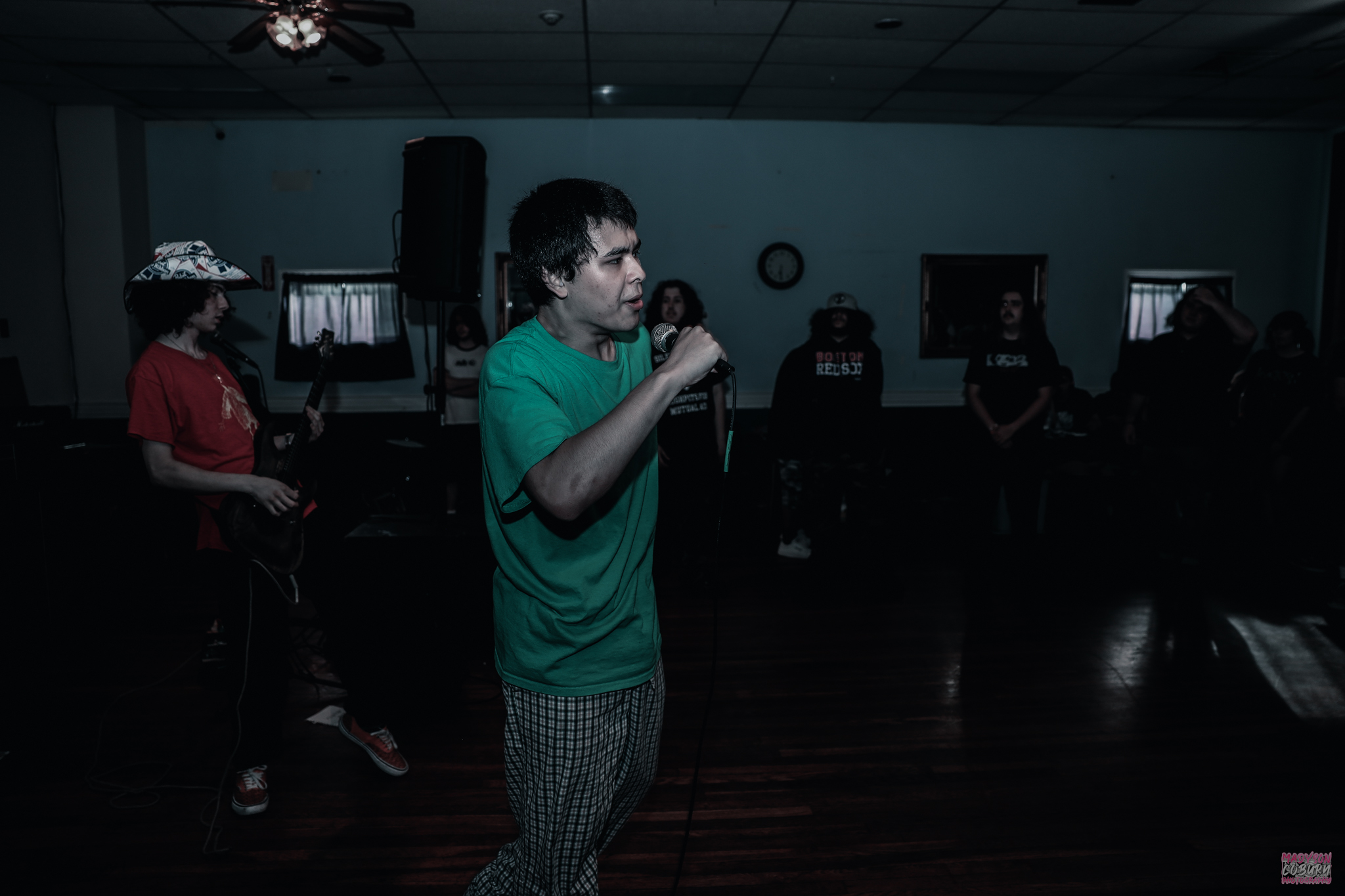
Do you feel a connection between your heritage and hardcore?
Dang: Hardcore for me was always more adjacent to my life experiences than a heritage to my family. I am a product of not just that heritage but more so between being exploited as a military kid and a person of color. Being a part of the Vietnamese Diaspora, my family was more so a victim of the things that hardcore is actively opposed to, especially steeped in leftist politics. My family personally aren’t very politically charged people at all, even with everything that’s ever happened to us, but I feel that every marginalized group (beyond just race) has something to relate to the messages given in hardcore about grounding yourself and having you and your friends’ voices heard.
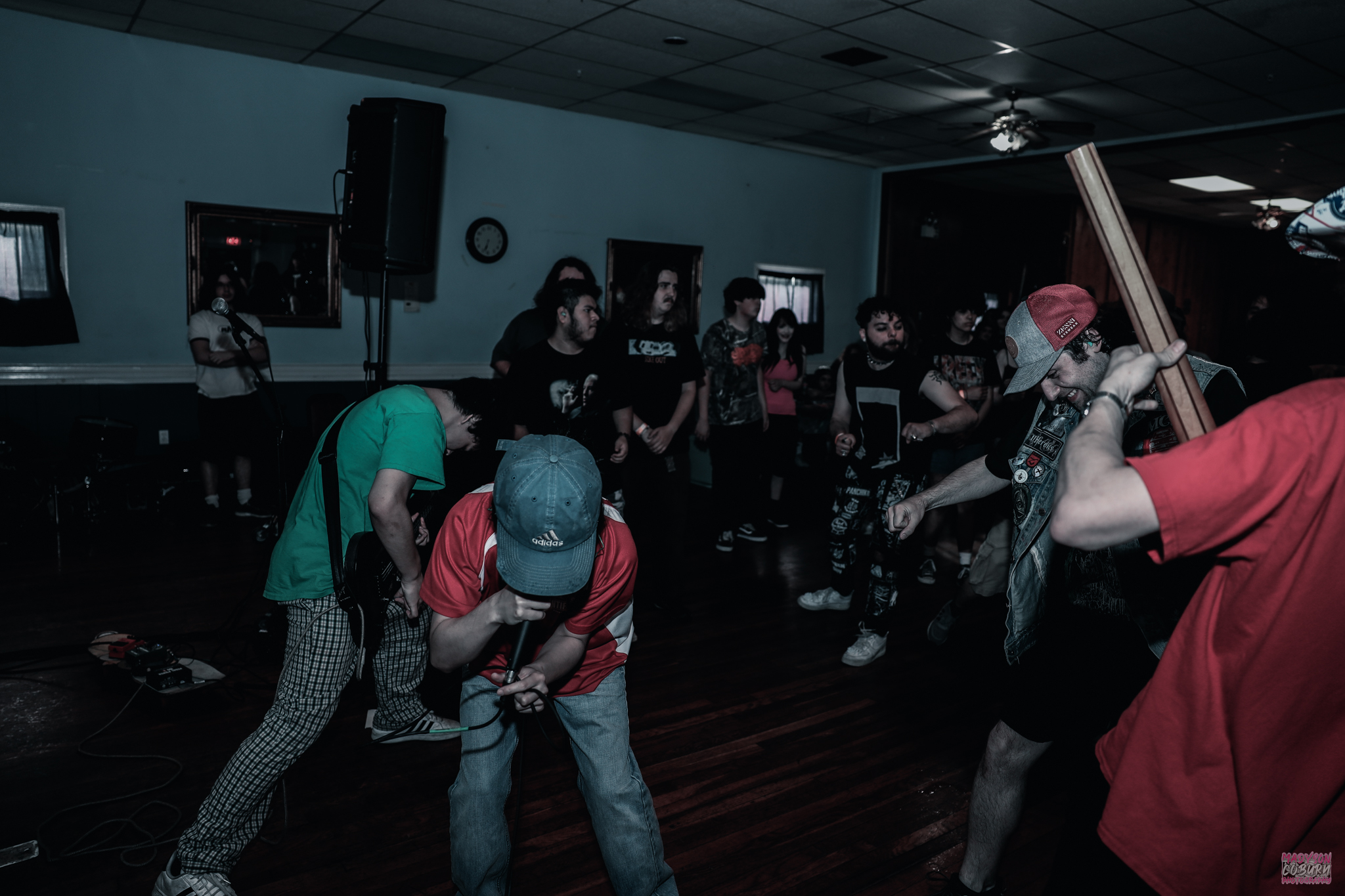
Has the experience of growing up Asian in America drawn you to hardcore? How?
Dang: Yeah, being prayed upon as POC being recruited into the US Military, my father was put in many bad situations. From the physical stations in the needless Middle East conflicts to the induction of PTSD into his life and my family- experiencing bigotry here in Mass, with these expectations of who I am meant to be being laid out for me was aggravating- especially when my numerous cousins fell into these tropes for Asian Americans. Even the fact that I am a mixed kid (Half Dominican Half Vietnamese) was overshadowed by the fact that I was Asian and for that, I was a token kid in my cliques for a long time. Because of that, being given that strength and vision of a sense of self among all that drew me into hardcore.
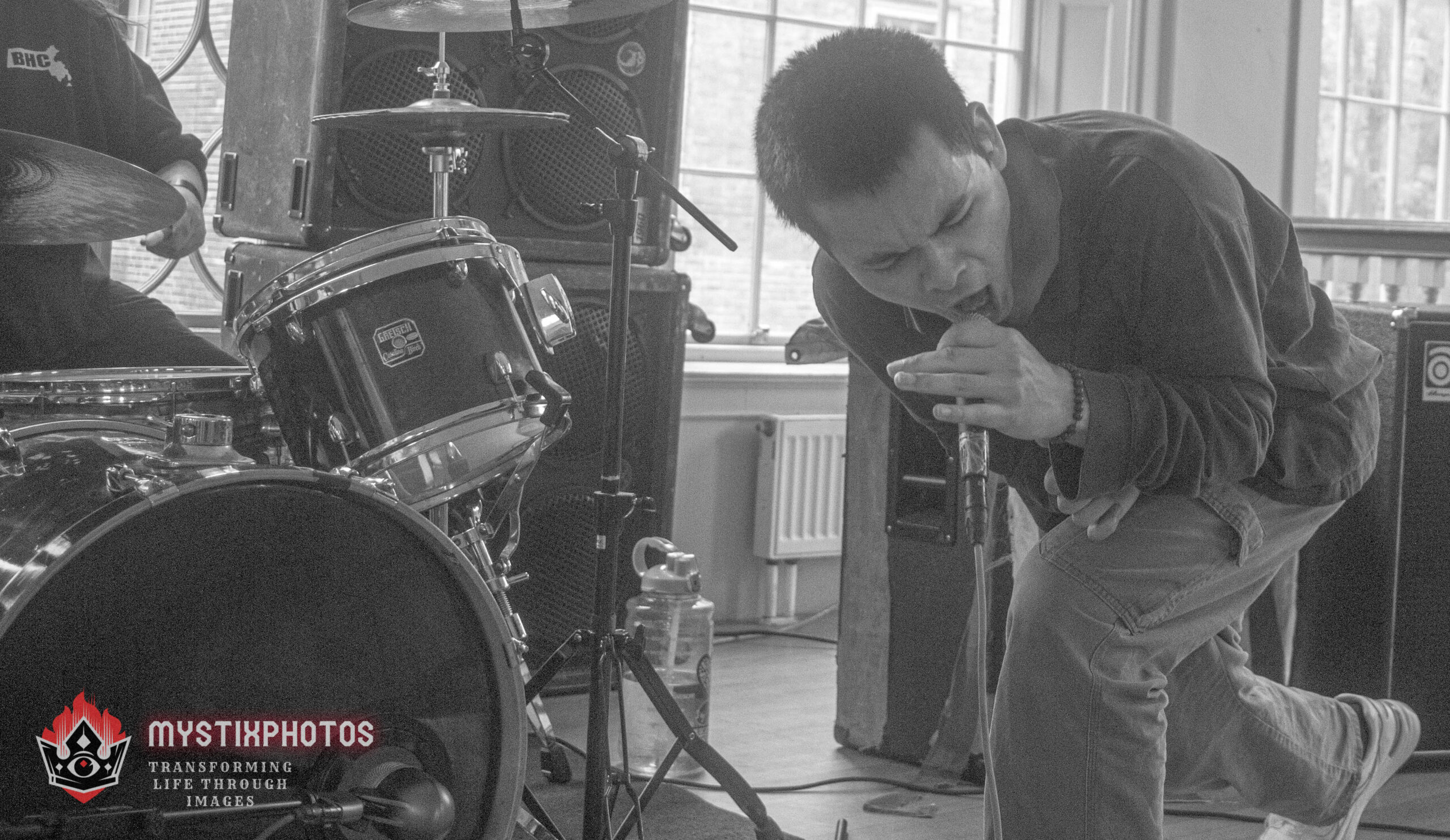
How do you feel in DIY punk spaces? Are they places that you feel more comfortable in compared to more ‘traditional’ safe spaces?
Dang: Yes, mainly because those spaces are usually tight-knit among people you know in a scene. Traditional safe spaces cannot equip people with the real raw sense of power and control over themselves that the DIY scene does. While reconciliation is a vital aspect of any safe space for Asian-Americans, let alone POC, that alone doesn’t allow you to defy expectations and create your own will as a person- to break the mold that’s so easily exploited by the powers that be here in the US (via the Model Minority Myth and other tools like it). It’s a shame that it’s not playing shows anytime soon now, but a previous band I was in was the first to ever play in the Triple B Arena in Brighton. I’ve never felt like there was a specific space that was ever unwelcoming. What does worry me, though, is the notable lack of these kinds of DIY spaces that are available for people to pick up instruments and play together at; a lot of the spaces I see that are DIY now are pretty pricey to book at and/or are just people’s houses on the spot- our scene in the city is a lot more club based than it was historically too (to my knowledge).
Author’s Note: Currently available on all streaming platforms, Silent Spring’s debut record is absolutely worth a listen. Both aggressive and melodic, it deals with themes of anti-imperialism, personal struggle, and identity. Frequently drawing from the experiences of the members and their families, you can hear their emotions bleed through their music.
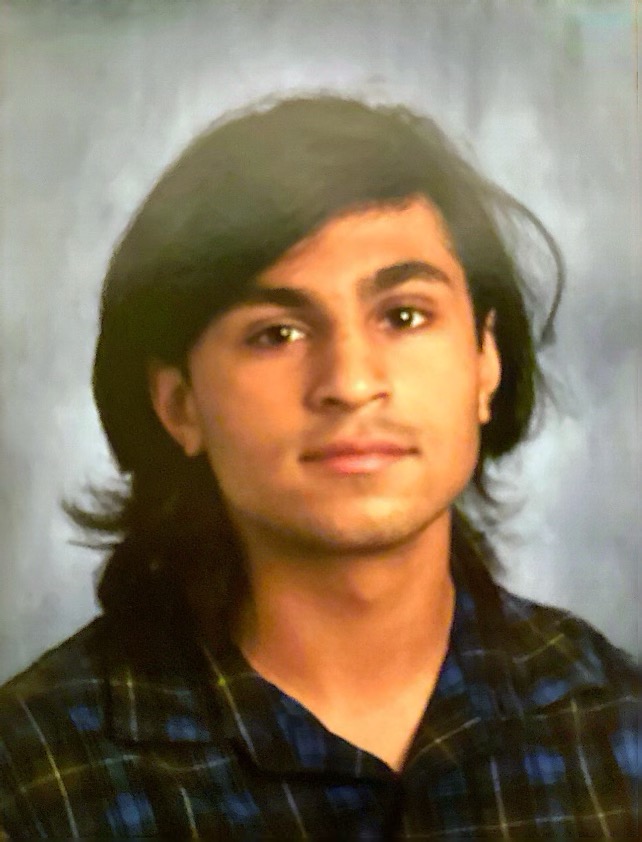 Ayaan Kazmi is a Boston-based writer/contributor at Maheen The Globe (MTG) a Seattle-based media outlet and independent production house covering global stories and perspectives. He covers beats race and music. His email is [email protected]
Ayaan Kazmi is a Boston-based writer/contributor at Maheen The Globe (MTG) a Seattle-based media outlet and independent production house covering global stories and perspectives. He covers beats race and music. His email is [email protected]
